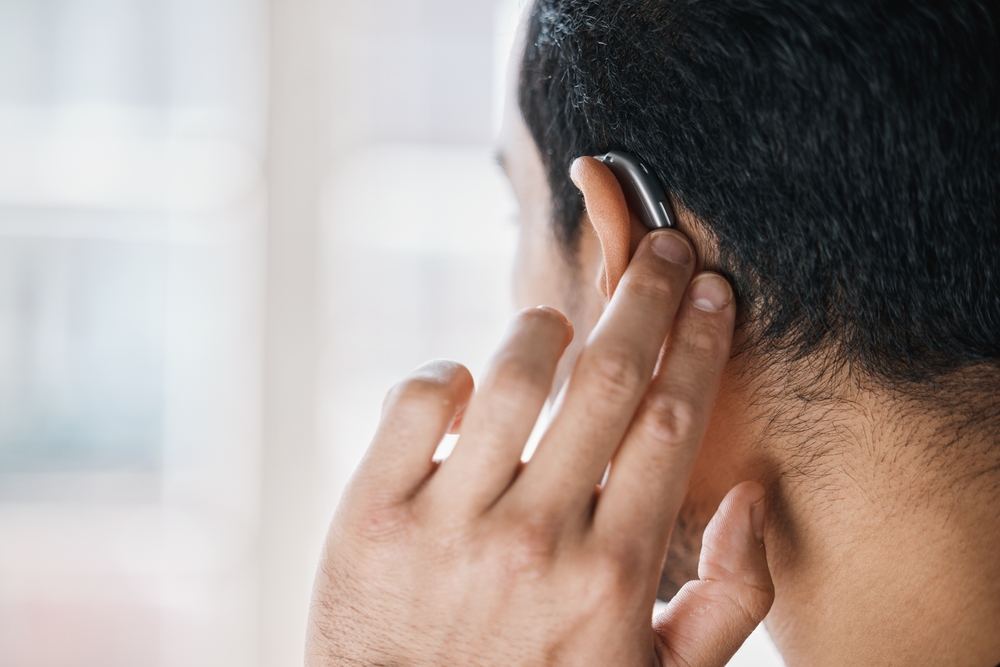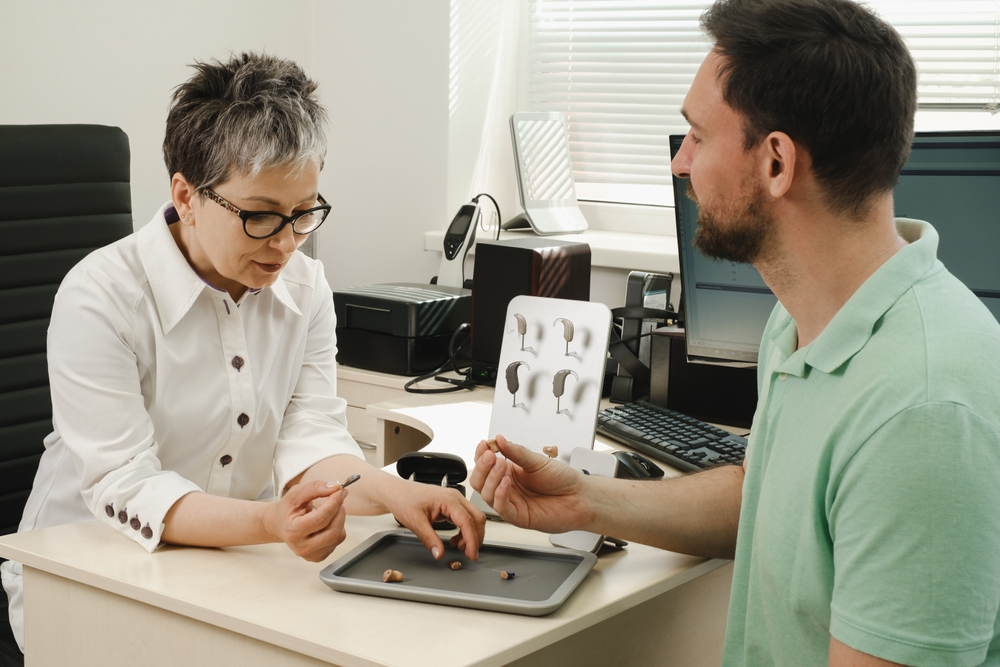Are you having trouble hearing the family when they visit? Are your friends asking you to check your hearing aid when you ask them to speak up? How annoying!
Do they act like your hearing loss is the problem? It may not be your hearing aid at all.
Let’s take at this phenomenon and what you can do to confidently yet compassionately resolve this once and for all to hear better.
How Loud Do People Talk
A typical human conversational voice is around 60 decibels. But this can vary widely from 50 (a quiet voice) to 70 (a louder, boisterous voice).
While a 20 spread may not sound like significant variance, this is actually a massive valley concerning human-perceivable sound. A person with excellent hearing can only hear as low as 20. And we max out at around 130-140, where it’s painful. Instant and permanent hearing loss takes place.
In fact, for every 10 decibels that a voice goes up, a human hears the sound as twice as loud.
How Does Distance Impact Sound
To envision sound, think of a rock dropped into a still pond. As the ripples move out, they get further and apart. Eventually, they’re so far apart that you can’s see them anymore.
Sound waves work the same way.
Every time you double the distance from the sound, decibels are reduced by 6. So if you’re standing a reasonable distance from 6 feet away, a 60-decibel voice will sound very close to 60 decibels when you’re wearing your hearing aid.
But if you make that 12 feet, the decibels drop to around 54. If you double the distance again to 24 feet (roughly the length across a large living room), the decibels reaching your ear have dropped to around 48. 40 would be a loud whisper.
This sound change doesn’t only impact those with hearing loss. You may just be more sensitive to it.
How Does Frequency Impact What You Hear?
Another aspect of hearing doesn’t have to do with the volume at all. It’s the frequency. When people have hearing loss, they most often lose high frequency (also called high pitch) first.
This is because high frequency is more damaging to the hearing at lower decibels. Frequency is what the word sounds like. It’s how fast (frequently) the sound waves are hitting your ear.
Violins are capable of producing a frequency of over 4000Hz, which will instantly damage hearing. That’s why many professional violinists wear ear protection. Their audience most often do not.
When a person begins to lose hearing, it doesn’t likely go all at once. Instead, they lose the tiny hairs in their inner ear that pick up that frequency. This happens because high frequency is more damaging, so high-frequency hair cells are the first to go.
Once these hairs die, there is no way to restore them.
How Can You Apply This Knowledge to Hear Better
They say that knowledge is power. But before you can use this power, you’ll need to communicate with your loved ones in a loving way. Open and honest communication is the best way to resolve challenges and live more happily together.
Here are some tips for communicating this message.
- Remind them how much you love them. You want to hear them. You know it’s frustrating to them. You might miss something important.
- It’s not your hearing aid. If they’re speaking in a quiet voice from across the room, it will sound like a whisper to anyone. Share what you learned about sound and distance. It will help if they speak up when across the room.
- Share with them about frequency. You may be able to hear them better if they speak in a lower pitch voice.
- They don’t have to scream. Share the fact that a voice raised by 10 decibels is twice as loud. If they only raise their voice 1-2 decibels, that’s significant.
- Get a sound meter for your smartphone. These are free and can help you demonstrate to stubborn loved ones how quietly they actually speak.
Talk to your hearing specialist about other ways you may be able to hear better with your hearing aid.



